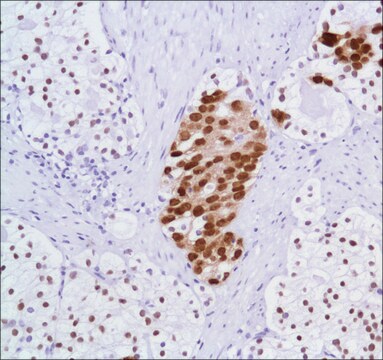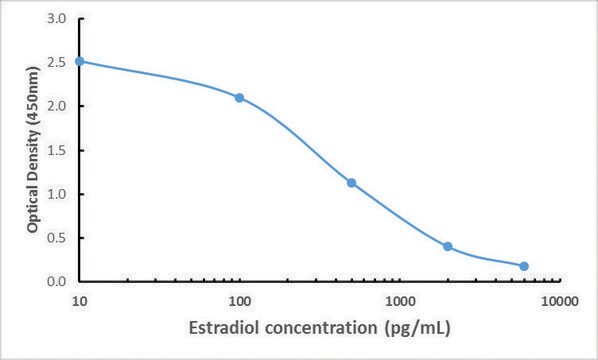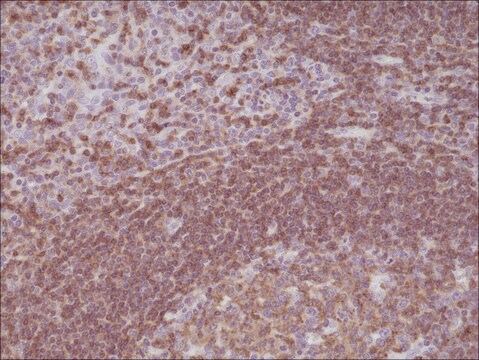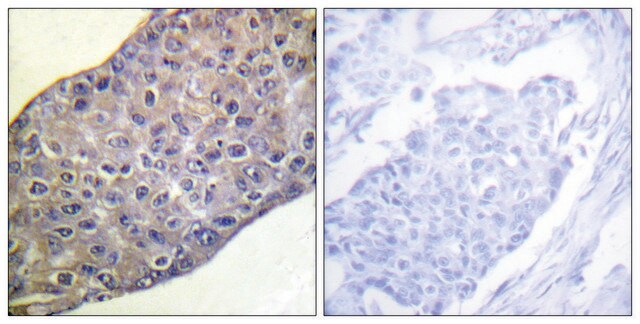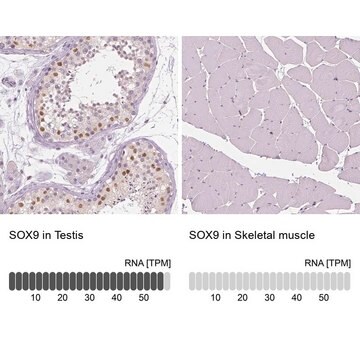06-680-AF647
Anti-Androgen Receptor Antibody, Alexa Fluor™ 647 Conjugate
from rabbit, ALEXA FLUOR™ 647
Synonym(s):
Androgen receptor, Dihydrotestosterone receptor, Nuclear receptor subfamily 3 group C member 4
About This Item
Recommended Products
biological source
rabbit
Quality Level
conjugate
ALEXA FLUOR™ 647
antibody form
affinity isolated antibody
antibody product type
primary antibodies
clone
polyclonal
species reactivity
rat, human
species reactivity (predicted by homology)
canine (based on 100% sequence homology), bovine (based on 100% sequence homology), mouse (based on 100% sequence homology), horse (based on 100% sequence homology)
technique(s)
immunocytochemistry: suitable
NCBI accession no.
UniProt accession no.
shipped in
wet ice
target post-translational modification
unmodified
Gene Information
bovine ... Ar(280675)
dog ... Ar(403588)
human ... AR(367)
mouse ... Ar(11835)
rat ... Ar(24208)
General description
Immunogen
Application
Epigenetics & Nuclear Function
Hormones & Receptors
Quality
Immunocytochemistry Analysis: A 1:100 dilution of this antibody detected Androgen Receptor in MCF-7 cells.
Target description
Physical form
Storage and Stability
Other Notes
Legal Information
Disclaimer
Not finding the right product?
Try our Product Selector Tool.
Storage Class Code
12 - Non Combustible Liquids
WGK
WGK 2
Flash Point(F)
Not applicable
Flash Point(C)
Not applicable
Certificates of Analysis (COA)
Search for Certificates of Analysis (COA) by entering the products Lot/Batch Number. Lot and Batch Numbers can be found on a product’s label following the words ‘Lot’ or ‘Batch’.
Already Own This Product?
Find documentation for the products that you have recently purchased in the Document Library.
Our team of scientists has experience in all areas of research including Life Science, Material Science, Chemical Synthesis, Chromatography, Analytical and many others.
Contact Technical Service